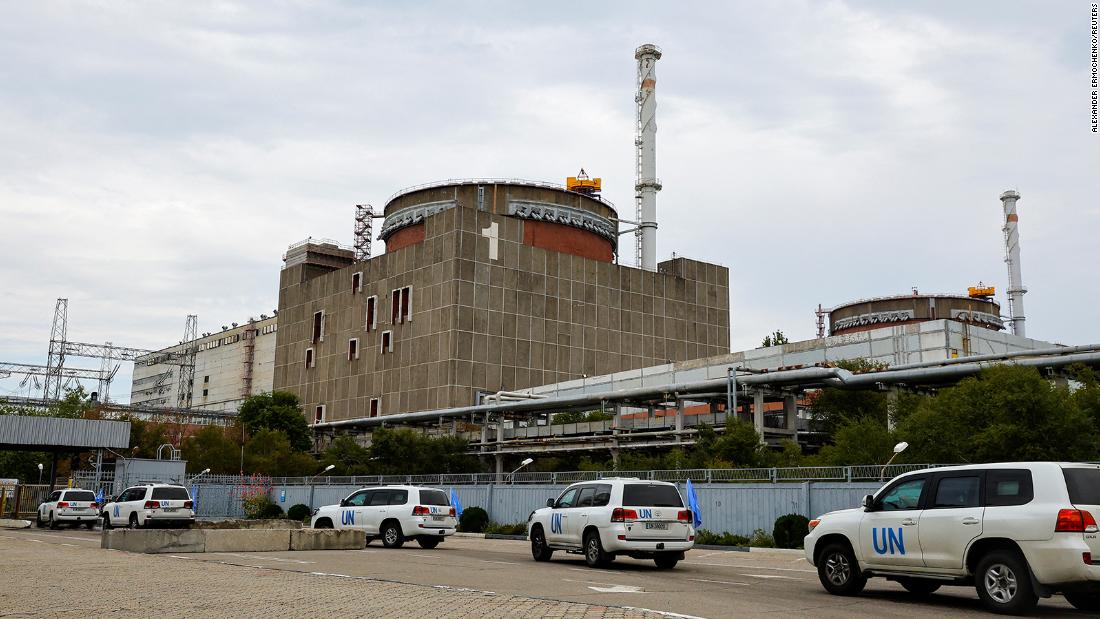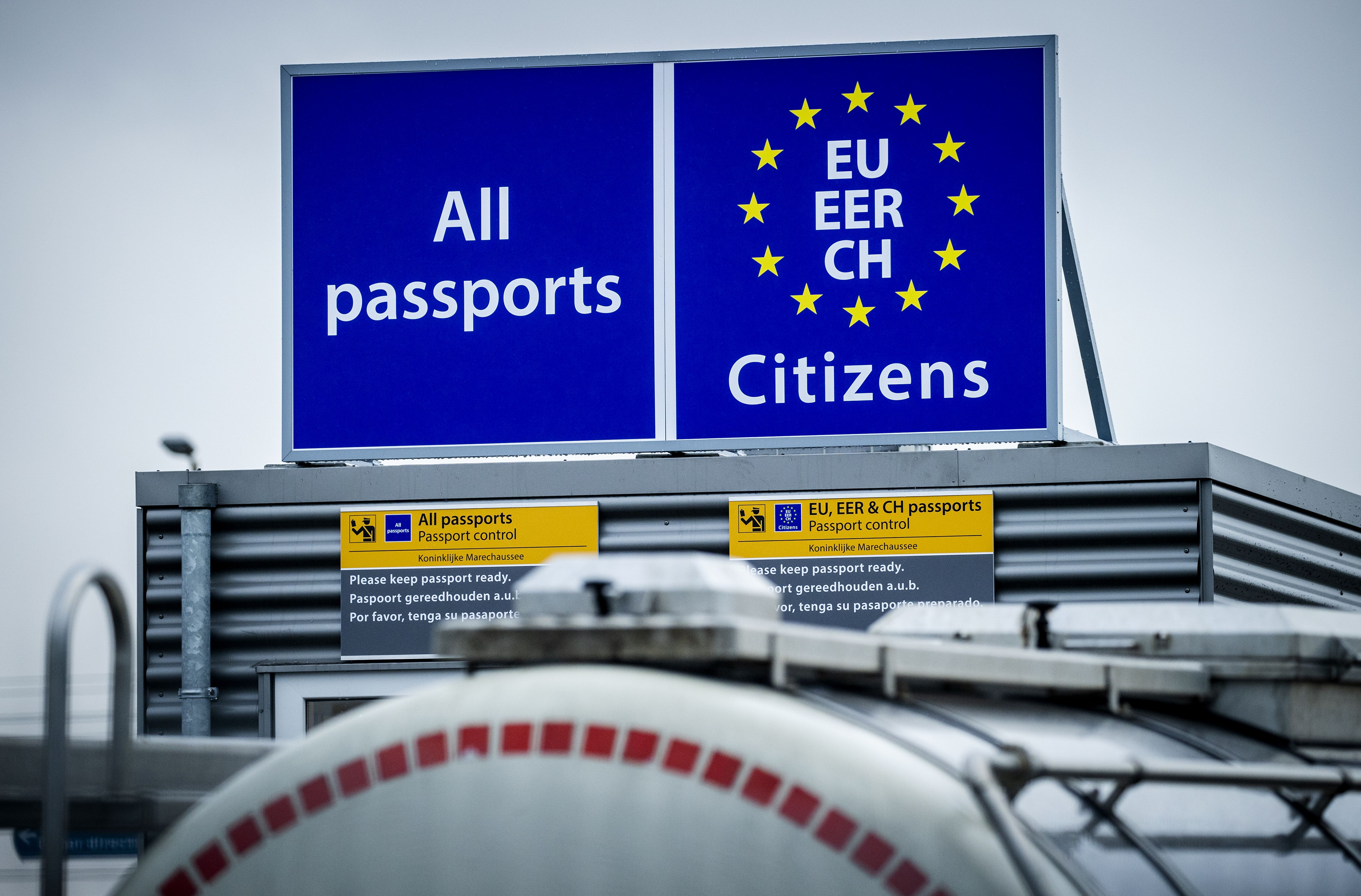

The European Commission on Tuesday unveiled a proposal to suspend the visa facilitation agreement between the European Union and Russia, which would make it more expensive and harder for Russians to travel to EU member states.
European Home Affairs Commissioner Ylva Johansson announced the proposal in a news conference in Brussels, saying there is “no basis for a privileged relationship between Russia” and the European Union following Russia’s invasion of Ukraine.
This comes after European foreign ministers last week reached political consensus to fully suspend the visa agreement.
“The proposal to suspend the Visa Facilitation Agreement will put an end to all facilitations for Russian citizens applying for a short-stay visa to the Schengen area,” a European Commission news release said Tuesday.
Johansson stressed that the proposal will ensure that “Russia citizens will no longer enjoy privileged access to the EU.”
Russians trying to enter the EU for tourism and leisure purposes will face a “lengthier” and “more expensive” process, the commissioner said. There will also be more restrictions for multiple entry visas, Johansson added.
As part of this, the visa fee will increase from 35 euros ($34.66) to 80 euros ($79.23) while the deadline for a decision from consulates will increase from 10 days to 15 days. Visa applicants will also have to submit a longer list of documentary evidence when applying for a visa, according to the press release.
Despite the suspension, the EU will remain “open to certain categories of Russian visa applicants travelling for essential purposes, including notably family members of EU citizens, journalists, dissidents and civil society representatives,” according to the news release.
What comes next?: The commission must now wait for the European Council to consider the proposal to scrap the visa agreement in its entirety, the press release said. If approved by the European Council, the suspension will come into force on the second day after its publication in the Official Journal of the European Union.
The bloc announced in the press release that it is also proposing a “common EU approach for the non-recognition of Russian passports issued in occupied foreign regions, as Russia currently extends the practice of issuing ordinary Russian passports to more non-government-controlled areas of Ukraine, in particular the Kherson and Zaporizhzhia regions.”
The EU stressed that its visa facilitation agreements “are based on mutual trust and respect of common values between the EU and the given country.”
“Russia’s invasion of Ukraine is incompatible with a trustful relationship and runs counter to the spirit of partnership on which Visa Facilitation Agreements are based,” the bloc added.
